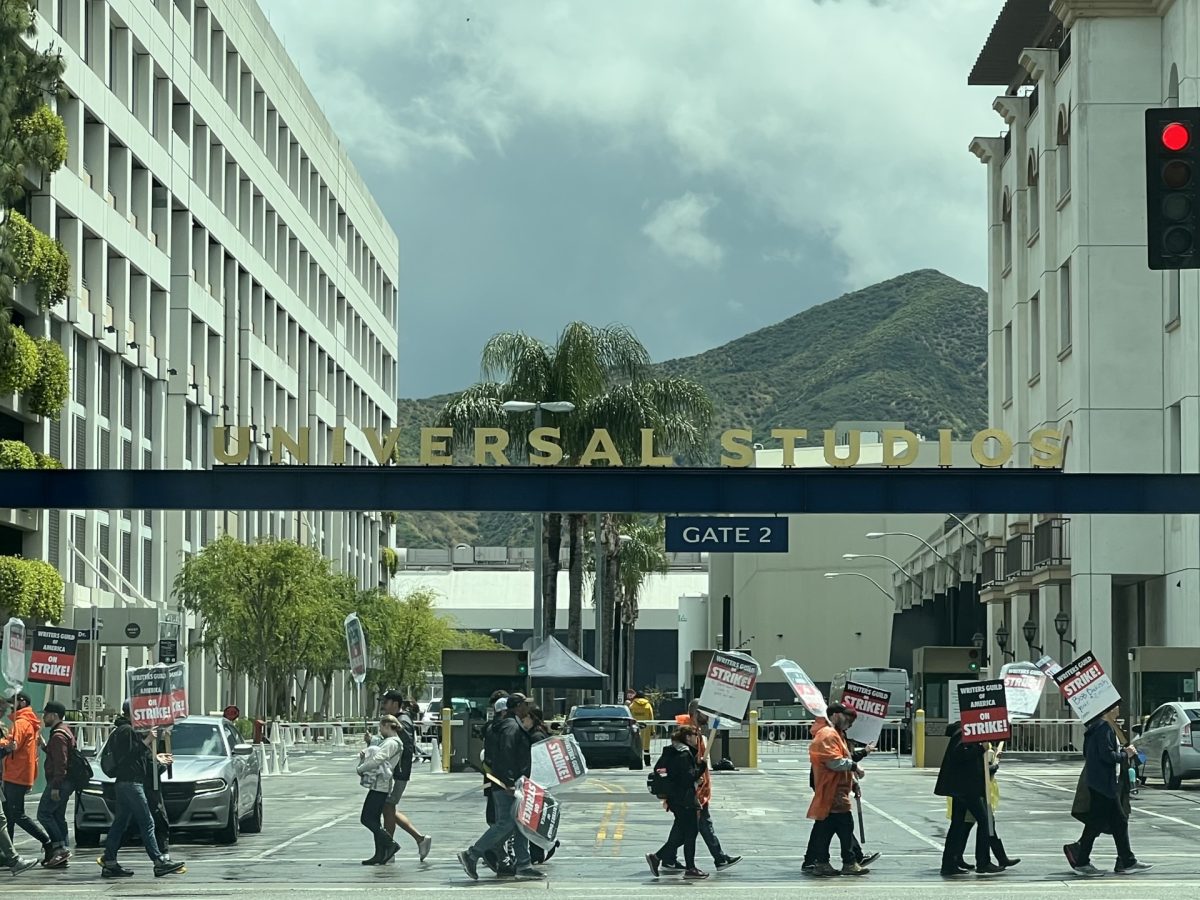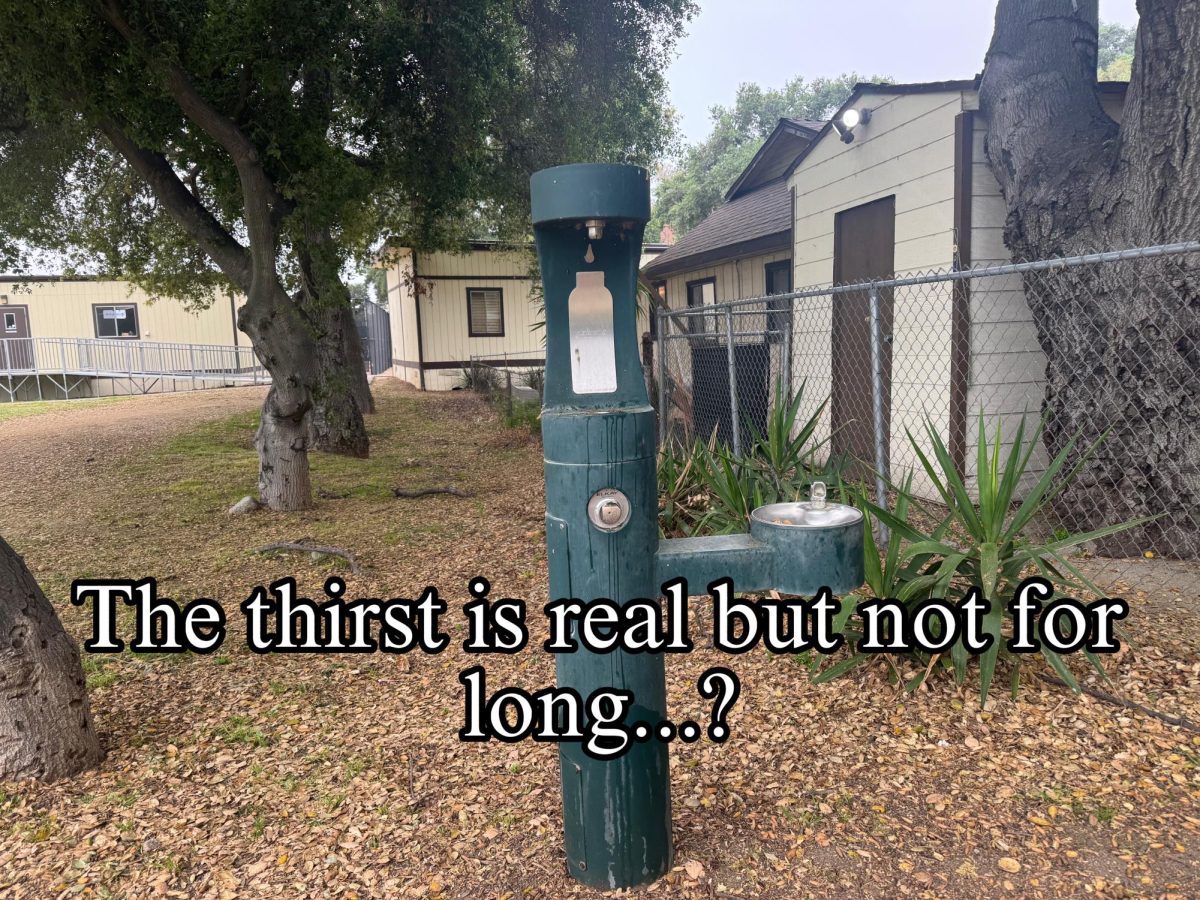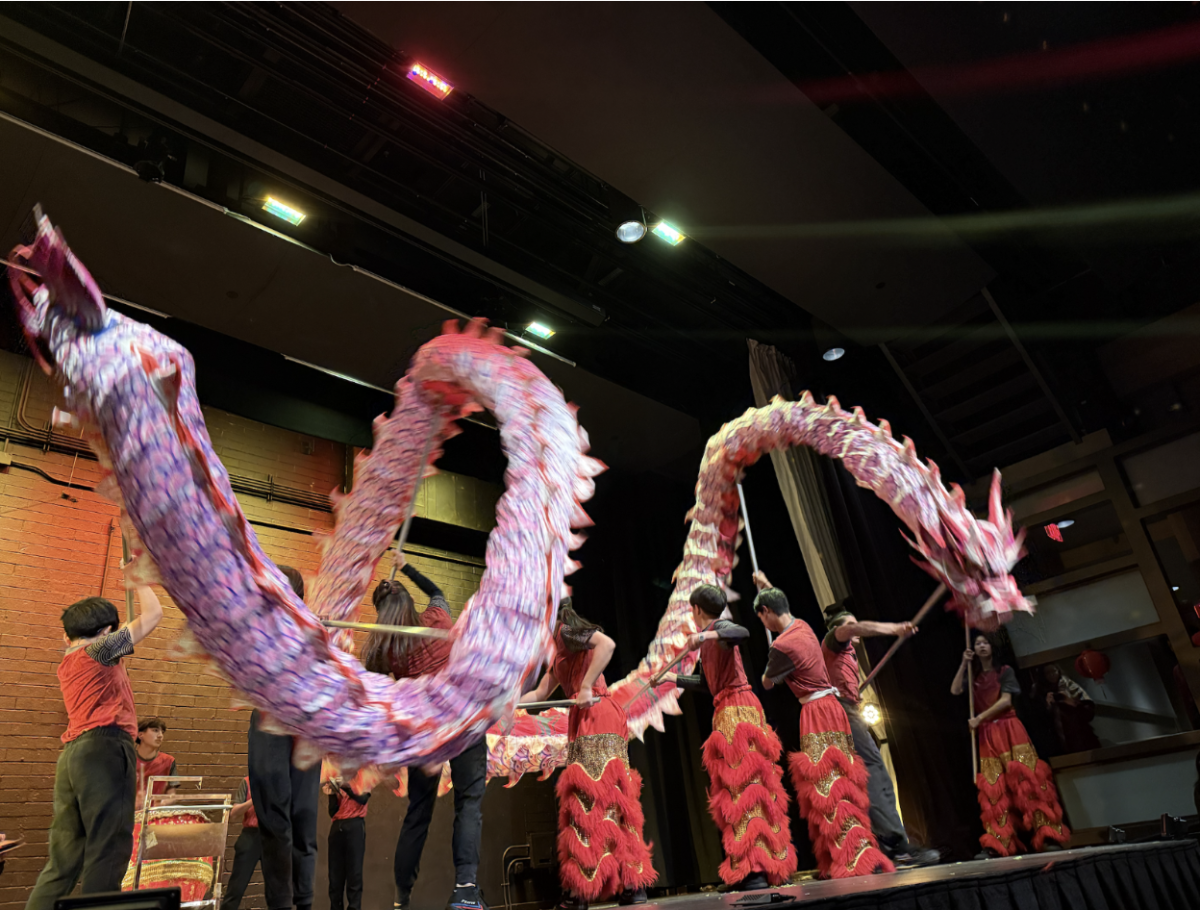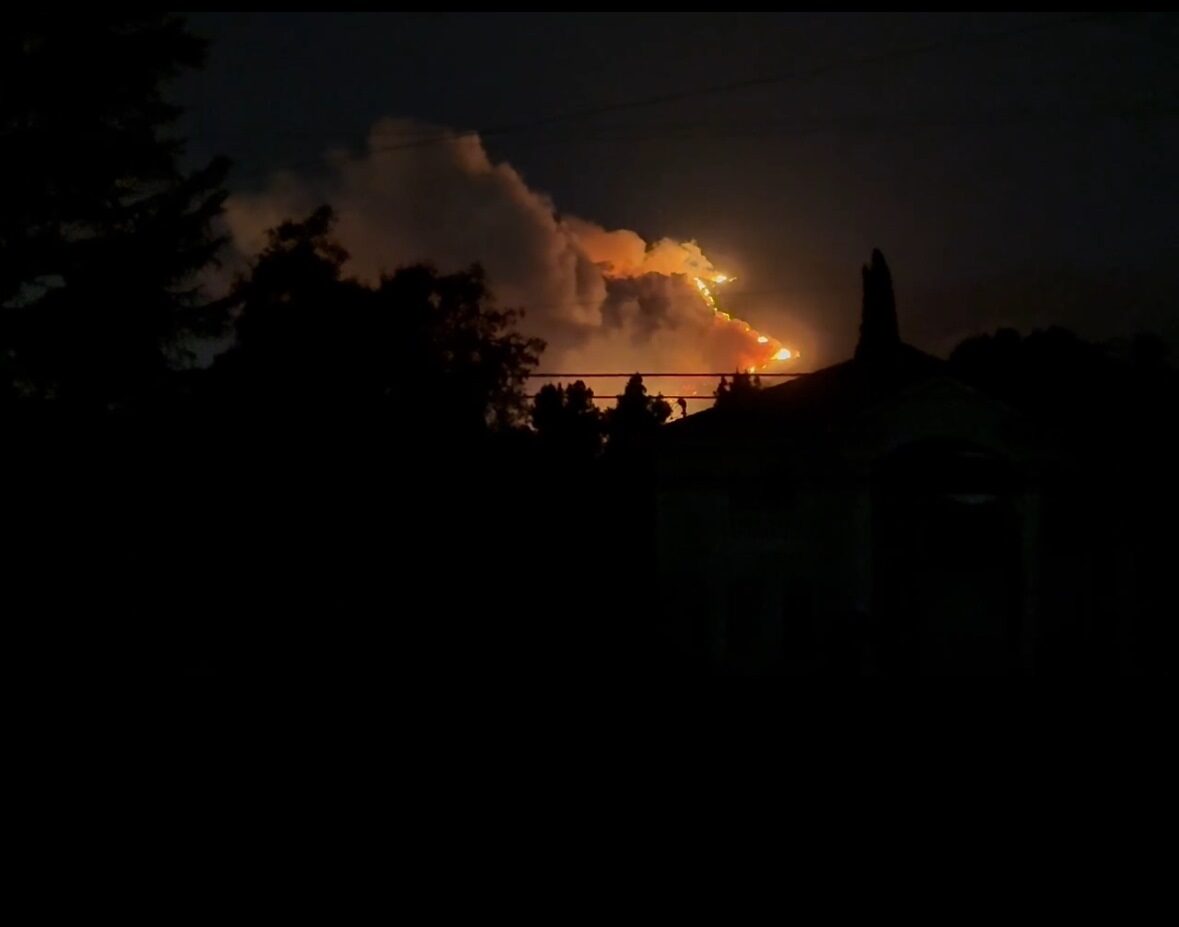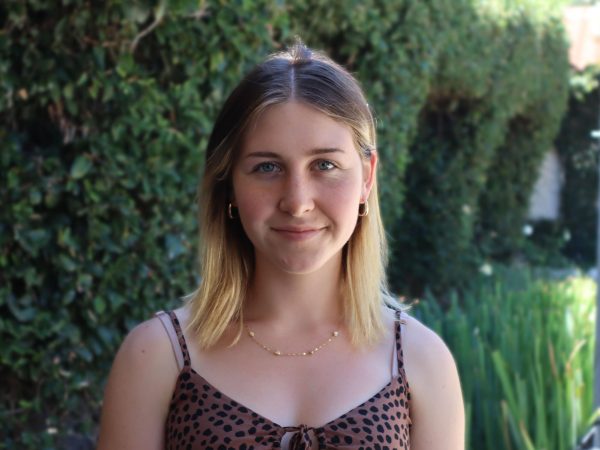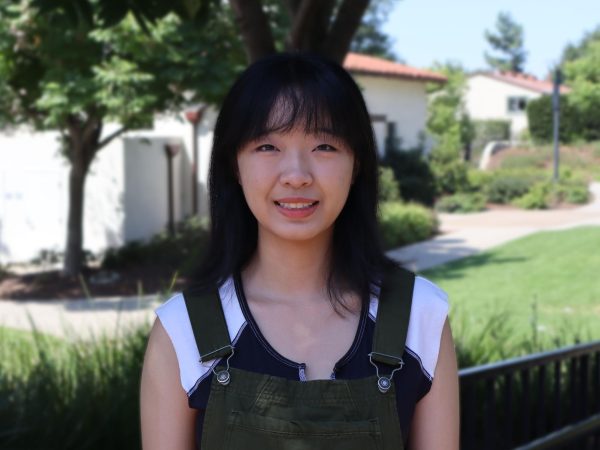Scene 1: An agreement has been reached.
“If you want to know how this ends… PAY US!” This sign was put up outside the Amazon Studios in Culver City, California. After 148 days of being on strike, the largest streaming and movie studios and the Writers Guild of America (WGA) reached a tentative agreement on new labor conditions for writers on September 27th, 12:01 am. taking a historic step towards the future of writer’s liberties in the movie industry, the new WGA contract won writers much needed rights such as more stable pay, job security, protection against artificial intelligence, and much more.
“It’s been really hard not only from a work [standpoint], but also because this is [the writers’] passion, this is their livelihood, their life, their love,” said Ms. Silva, Assistant Director of Theatre.
But this most recent contract is not just a one-time show – rather, the agreement created by the WGA and Hollywood’s biggest studios is a major first in a history riddled with financial abuse and uncertain futures. The capitalization of writers’ abilities and labor has impacted both the daily lives of current writers and the viability of writing as a career.
The amount of money paid by the studios is not nearly enough to sustain the livelihood of the writers, who play a crucial part in making the shows, movies, and cultural touchstones we rely on for entertainment and artistic expression.
The WGA was the union who initially authorized the strike, sparking 148 days of conflict and struggle for writers and actors alike against the Alliance of Motion Picture and Television producers, or AMPTP for short. The AMPTP is the “entertainment industry’s collective bargaining representative”, and includes major motion picture moguls like Disney, Paramount, Apple, Netflix, Warner Bros., and Amazon. Soon after, the Screen Actor’s Guild – American Federation of Television and Radio Artists, or SAG-AFTRA for short, followed, marking the first time writers and actors struck together since 1960.
Scene 2: The details
After the writer’s strike and the following actor’s strike, initial negotiations were conducted between the AMPTP and the Director’s Guild of America, the WGA, a screenwriters’ labor union, and SAG-AFTRA, an actors’ labor union. While the Directors Guild of America (DGA) reached what was at the time a historic agreement with the AMPTP after further conversation, the WGA began to consider striking – due in part to the AMPTP’s refusal to acknowledge many of the unions’ conditions such as further job security, protection against AI, and more access and equivalent pay to streaming viewership data.
Many of the conditions centered around widespread industry changes due to emerging streaming and artificial technology on top of preexisting financial difficulties. The previous industry standard saw studios taking most of the profit from streaming networks and movie theatre box-office hits, while writers barely shared a fraction of their earnings. Studios were also not mandated to show writers the data on streaming viewership nor to pay writers accordingly. While during the era of live television systems allowed writers to see the popularity of their products and demand equal pay accordingly, no new systems were created because of the technology’s novelty and at the time, niche existence.
The modern restrictions that come with the rise of streaming only compounded preexisting financial difficulties writers experienced. As Christopher Cantwell, a professional screen and show writer in the WGA, said, over the years there has been a “23% decline for writer’s income while the studio’s income continued to increase.”
“There are protections for what are called ‘development rooms’, which are writers rooms formed before the show is guaranteed to be made,” Mr. Cantwell said. “There is greater protection for the writers in those rooms, for the showrunners –the head writers– of those rooms and the writing teams. For writing teams, it used to be [that] ‘you get half and [the other] gets half’– I worked in a writing team when I had my tv show, and we were always having to split everything in half in our heads. They would treat you as one writer when it came to your health insurance and your pension – that’s no longer true.”
The SAG-AFTRA actors’ strike, led by professional actors, argued for many of the same reforms. For example, the share of residuals has been significantly low for actors with productions on streaming services. Residuals refer to the portion of money that actors and writers receive out of the money their show receives for each view.
“I personally struggle with residuals as well– I receive residuals whenever someone watches my films or TV shows that are streaming, but I am not getting paid as much as I hoped,” said Ava Darby (‘25), a SAG-certified actress. “A lot of actors don’t even get money for when their action figures are sold. Is there a line between the character and the person who plays [them]? I think that’s where it gets kind of complicated.”
More recently, artificial intelligence has begun to seriously threaten the existence of writing and even acting as careers. Artificial intelligence is significantly cheaper and more convenient for studios, and as such, many studios have begun to rely on AI to fill smaller roles. The only cost for artificial intelligence is the initial payment required to buy the code; writers, by contrast, require consistent and frequent payment to survive and continue making content.
The same is true for actors. Background actors featured in one shot can be then recreated without the actor’s consent using AI to fill other scenes. Voice actors in cartoons, video games, and even movies can also be imitated and replaced by AI – like the case of Darth Vader actor James Earl Jones, who recently consented to Lucasfilm recreating his voice using AI after he retired at age 91. Jones’s case is much more amicable than the situation many other actors and writers face, however, in terms of studios’ non-consensual manipulation of their work and image.
“The actors are being sold… it’s their face, it’s their character, it’s them,” Ava said, regarding the ownership rights of actors. “Regardless of if they’re still working or not, it’s still [their work], so they should still be getting paid.”
Writers have also been fighting for their autonomy and creative independence by protesting not only AI technology, but also the manipulation of their original work by studios, producers, and directors. Stories often take up huge amounts of time, effort, and passion to create. But with a one-time payment, a script can be bought and completely changed with no repercussions to movie producers or discussion with its original creator.
Scene 3: Battle Tactics
Although the writers have come to their agreement, and the actors continue negotiations, the repercussions of the nearly five-month strike still ripple throughout the entertainment industry. The solidarity between actors and writers gives leverage to the strike that either actors or writers would otherwise not have access to on their own. While pre-written films could and were still being filmed, once the SAG-AFTRA union called a strike, most medium to large scale films were halted.
Aside from boycotting non-SAG-AFTRA/WGA approved media and projects, members of SAG-AFTRA and WGA as well as other supporters of the cause picketed over the 148 days in front of studio headquarters in major metropolises like Los Angeles and New York.
“There are these million different little cold warfare tactics that happen,” said Mr. Cantwell. “You wake up and you realize Warner Brothers has put up a sign ordinance that warns against excessive honking, which is what people were doing to support the picketers, but then the mayor of Burbank comes out – who’s a member of SAG, by the way – and says, honk all you want.”
“And then at Universal, they trim their trees every few years, so they decide to trim their trees right in the middle of the hottest days of summer so there’s no shade for the picketers. It’s things that they will always plausibly deny and go, ‘Well, that was just on the schedule.'”
Over the course of the strike, many writers and actors struggled to support themselves financially. While the WGA and SAG-AFTRA unions provided no to low interest loans of up to $3,000 for union members struggling because of the strike, the nearly 5 months’ worth of expenses including mortgages, food, bills, and for some, tuition and further financial support for their children combined with already low pay rates and unstable job conditions to create a financial situation for many that was precarious at best.
Scene 4: The Compromise
The new deal the WGA and AMPTP have struck covers the same initial proposals the WGA proposed at the beginning of their negotiations, now with the AMPTP’s new tentative agreements as of September 25th. It addresses AI, streaming, and the financial undercutting of writers and actors alike – and while the writers and actors who have struggled financially through the 148 days, their strike has culminated in the creation of a new cornerstone of writing and acting labor laws.
While the SAG-AFTRA actors are still in the process of signing a new deal with the AMPTP, the new precedent the WGA sets for the pay, conditions, financial insurance, and job security of some of the most important people in the entertainment industry sets a strong foundation for the SAG-AFTRA union to build on.
“I think we are at a reckoning, and so far, all kinds of artists, writers, actors, and musicians have been treated as free labor or seen as not as important to the economic system that we live in,” Stefanie Plumley, Fine Arts Department Chair, said. “People go to writers, storytellers and musicians for comfort, to feel alive, and to be connected to the human race – that is what artists do for us.”


